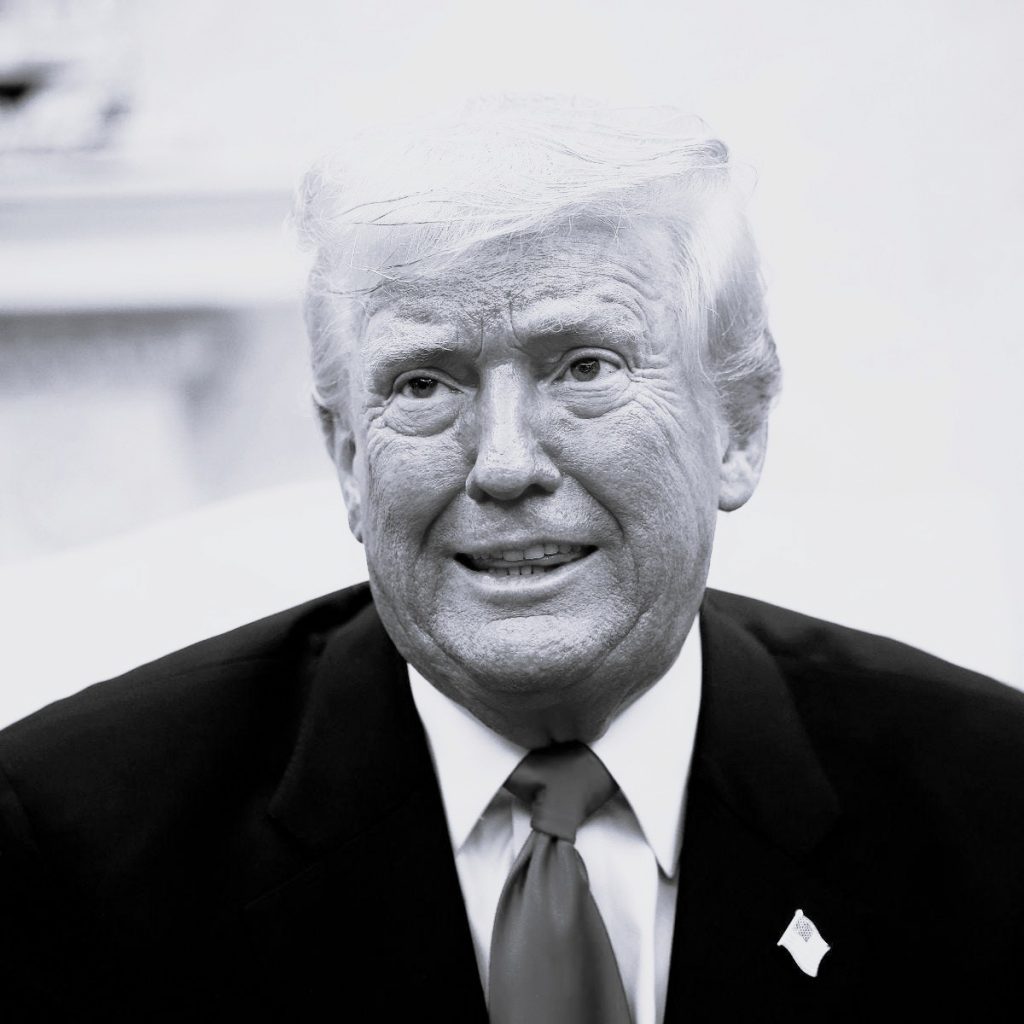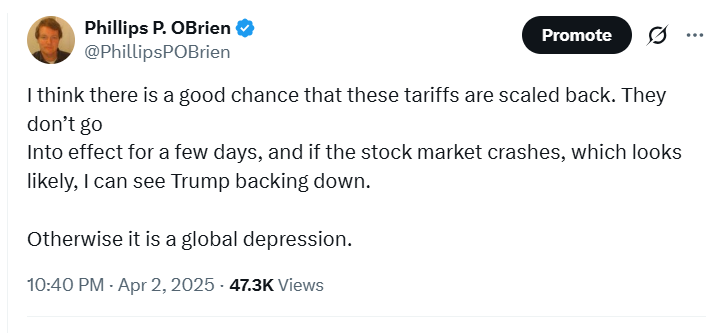Generally I am only a modest believer in the role of sentiment in foreign affairs. Things like pride, hurt feelings, etc can make a difference (more than realists understand, for sure), but their long term impact is usually small. As such, short term emotional reactions to specific events are often blown out of proportion at the time. Yes, leaders do have their tiffs and disagreements or correspondingly their irrational affections. However, very often they move beyond them—or events force them to. And once leaderships change, such sentiment usually loses its impact quickly.
However, when sentiment crosses the line into damaged or destroyed trust—that really does matter. If a state and its leadership is no longer considered worthy of trust, the repercussions can be enormous for the states involved—for a long time. The lack of trust defined much of the 20th century. The British first looked at pre-World War I Germany as a possible trustworthy ally in 1902. However they then began to believe that the Germans were nefariously set on challenging British naval supremacy in 1909—and the British-German relationship never really recovered.
I talk about this specific example in a section of War and Power.

If this man cannot be trusted, the USA cannot be trusted. Draw your own conclusions.
Trust matters because it becomes the basis of more long-term planning. From the working out of defense plans, to the decision on where and when to invest funds. A state being considered reliable and consistent in its behvaior—in other words trustworthy—is far more likely to be incorporated positively into both the security and economic plans of other states.
Now, before I go any further into this question, you might want to see this video of Trump speaking to his supporters on Tuesday night.

There is, as always, the damaged and weak ego of a tyrant on display. Everyone is supposedly afraid of him, cowering in his presence and, naturally, lining up to start “kissing” his ass. The crowd cheering this nonsense is sign enough of the terrible state that the USA is in.
However, beyond the childish and cruel sentiments—there was also the boasting. Trump has been saying for days that there would be no pause in his tariffs—that they were beautiful things that would set the USA on a course to greater prosperity, blah, blah, blah.
Then yesterday, without a single ass-kissing deal agreed, he blinked and paused the tariffs for 90 days (at which point they will almost certainly be paused again). And to be honest, he was always going to do this. When he announced the tariffs they were simply too large to be implemented, as they would have blown up the world trade system (and left the USA isolated economically, with disastrous results). I tweeted this out at the end of the tariff speech—as what Trump was proposing made no sense unless he really wanted the US to commit economic suicide and try and bring much of the world down with him.

I was hardly being a savant in this prediction. Trump had blinked before when faced with the prospect of tariffs Canada and Mexico alone—and they would not have created as much chaos as the full package of tariffs he proposed last week. If you don’t remember that earlier climb down—here is a piece on it from early February. Trump’s behaviour proceeded in a cycle eerily similar to the last few days. there was the bombast, the threats (51st State!), the attacks on US friends—and then, inevitably the humiliating climb down.
The truth, as always, is Trump remains a weak, bully—something which is being repetitively highlighted to other states by his cycle of threats and folds with no significant gains.
And who do you think will be most effected by this? Naturally the states that have the most to gain or lose through interacting with the USA—America’s security partners and possible security threats.
The role of Allies is something that Trump simply does not understand. He views relationships from what might best be termed a bilateral, zero-sum position. No state is a friend or a foe (except for Russia under Putin—which is always given the benefit of the doubt), and the success of the US relationship with any other state is measured by what the US gets financially and gives up financially. This is why he obsesses about trade deficits or relative levels of defense spending—because they are childish but easy to read metrics (which tell you almost nothing of the true value of an ally).
This deeply flawed view of international relations and power misses the enormous benefits that the US has accrued from its allies and partners. The entire US position in the western Pacific, which has given the country enormous strategic benefits, is secured by its alliances with places such as Japan and South Korea, and partnership with countries like Taiwan. There importance is such that they could very well be determinative in any war in the Indo Pacific—as was outlined in my recent CSIS piece.
These benefits have only accrued because the United States has been seen—and has acted—like a trustworthy partner who has in the past and will continue in the future to fulfill its obligations.
However, what these and others states have seen since Trump returned to the White House has been the US acting like an economic bully (and failing), while rowing back on security commitments where possible. Yes these states will and have had their feelings hurt—but more importantly, they are coming to no longer believe that the US is their ally—but instead an extractive competitor who would never stand by them in a crisis.
And if allies lose their trust in the USA, that will also be a huge benefit to possible competitors such as China. The Chinese can now present themselves as defenders of free trade, as a reliable business partner and as a state that can be counted on for consistency. In other words, the US cannot be trusted on to be a good friend (or really any kind of friend) but at least the Chinese can be counted on not to blow up the world trading system.
And that is why Trump’s constant cycle of threats and bombasts, followed by a cave-in and lies, is so destructive. He is destroying the idea of consistency and reliability—the trust factor that has held together the US alliance system since World War II.
The last few days have been a hard lesson for the world as to why the USA cannot be trusted. The only states to benefit from this are the ones that wish the USA ill.
This article was originally published in Phillips’s Newsletter.








